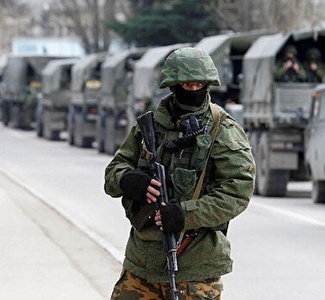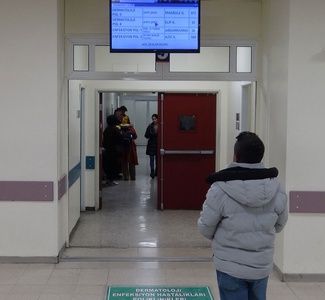Kremlin condemns US decision to provide depleted uranium munitions to Ukraine
The Kremlin voiced its objections to the United States' decision to supply depleted uranium munitions to Ukraine, warning that the U.S. would be held accountable for the "very sad consequences" of this action.

 Google News'te Doğruhaber'e abone olun.
Google News'te Doğruhaber'e abone olun. The Pentagon had announced on Wednesday an assistance package for Ukraine, which included armor-piercing depleted uranium ammunition intended for use with Abrams tanks. The United Kingdom had previously sent similar ammunition to Ukraine.
Kremlin spokesman Dmitry Peskov pointed out the history of NATO's extensive use of such ammunition during the bombing of Yugoslavia in 1999, which, he claimed, had led to a surge in cancer cases and other health issues.
Peskov asserted that these consequences had extended to subsequent generations exposed to areas where these weapons were used, and he predicted a similar outcome in Ukraine.
Depleted uranium (DU) is a heavy metal that is used in some military munitions, such as armor-piercing rounds and tank shells. DU is denser than lead, making it very effective at penetrating armor. However, DU is also radioactive, and its use has been controversial due to concerns about its health effects.
The use of DU munitions is legal under international law, but there is a growing movement to ban them. The International Coalition to Ban Uranium Weapons (ICBU) argues that DU munitions are a threat to human health and the environment. The ICBu has called for a global ban on the use of DU munitions.
There is some evidence that exposure to DU can cause health problems, such as cancer and birth defects. However, the research on the health effects of DU is limited, and the full extent of the risks is not known.
The use of DU munitions also raises environmental concerns. DU can contaminate soil and water, and it can be harmful to plants and animals. The long-term effects of DU contamination on the environment are not fully understood. (ILKHA)



















































